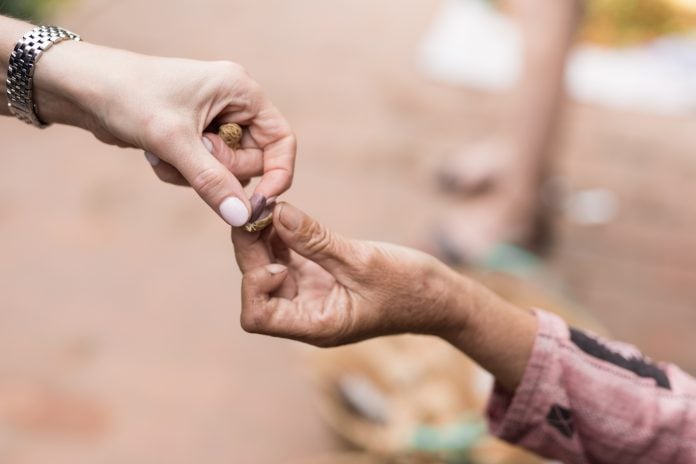Key Takeaways
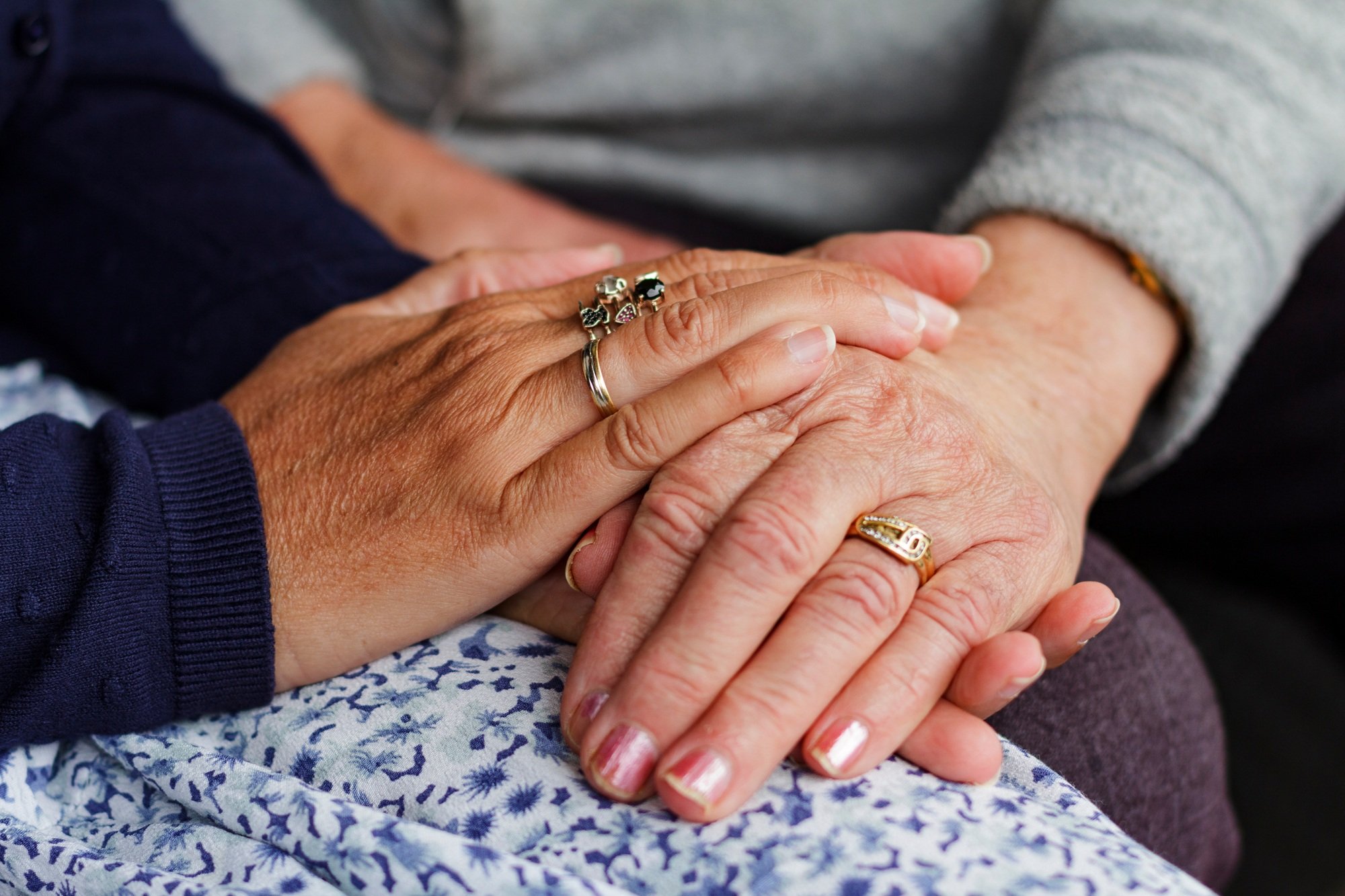
- Impact of Kindness: Random acts of kindness uplift spirits, inspire others, and foster connections within communities, creating a ripple effect of positivity.
- Mental and Social Benefits: Engaging in kind acts enhances mental health by boosting mood and reducing stress, while also strengthening relationships and building a supportive social network.
- Creative Ideas: Thoughtful gestures range from surprising friends and family with gifts to supporting local charities, enhancing the sense of community and connection.
- Implementing Kindness: Making kindness a habit involves planning specific actions, tracking them, and supporting local businesses to encourage a culture of compassion.
- Encouraging Participation: Sharing kindness experiences and inviting others to join in community events can amplify the impact, creating a widespread culture of kindness.
In a world that often feels rushed and chaotic, small gestures can make a big difference. Random acts of kindness not only brighten someone else’s day but also create a ripple effect of positivity. You might be surprised by how simple actions can uplift spirits and foster connections within your community.
Understanding Random Acts of Kindness
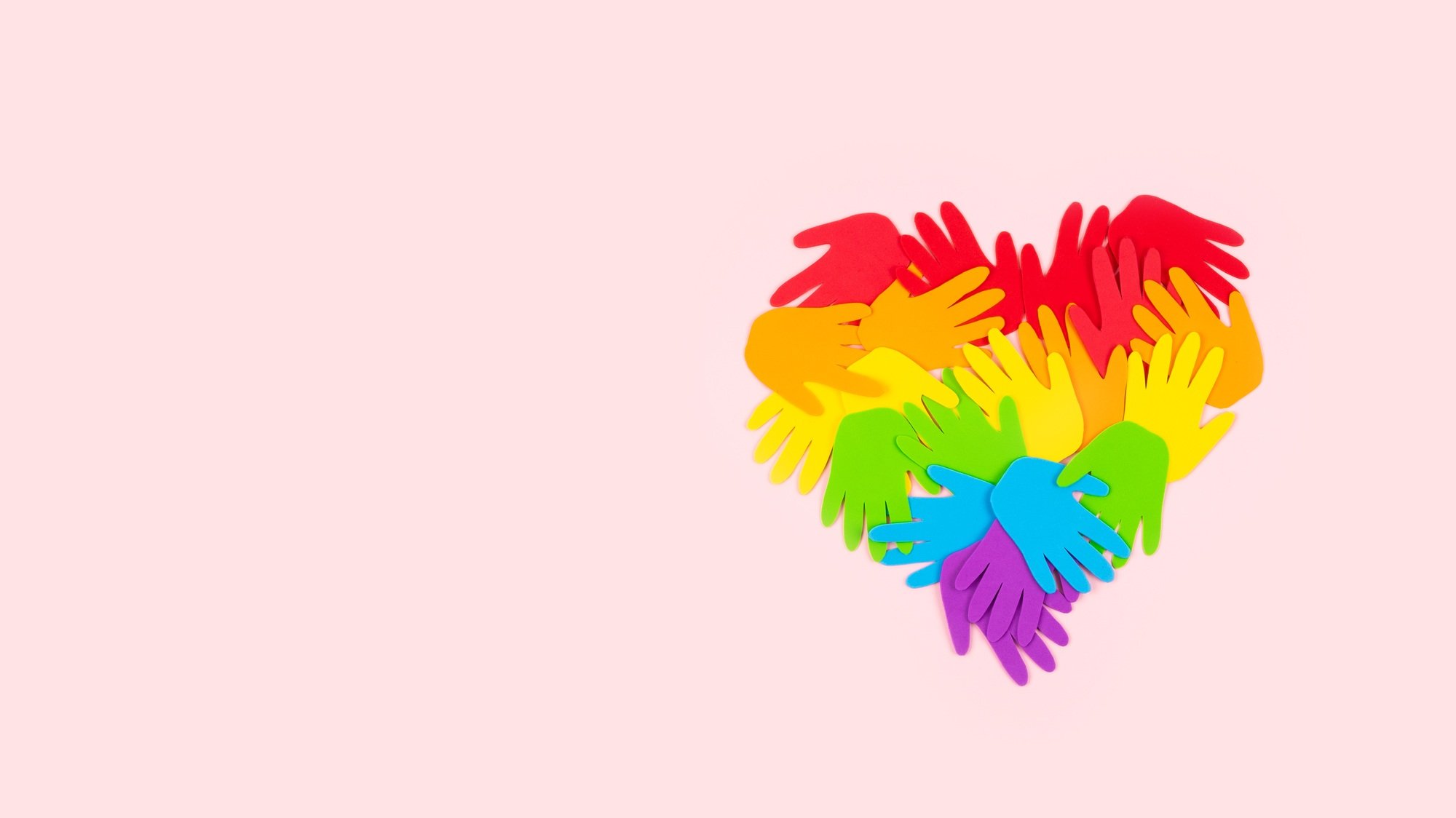
Understanding random acts of kindness involves recognizing their profound impact on individuals and communities. These small gestures not only uplift the recipient’s spirits but also inspire others to participate in similar actions. For example, leaving a thoughtful note for a coworker, buying coffee for a stranger, or helping a neighbor carry groceries embodies this concept.
Implementing random acts of kindness can generate a ripple effect, encouraging a more supportive environment in various settings, including small businesses. In a small business context, acts of kindness can foster loyalty among customers. Simple activities like offering a discount to a regular customer or hosting community events resonate deeply, creating a positive brand image and enhancing customer relationships.
Overall, engaging in random acts of kindness contributes to building a culture of compassion and understanding, reinforcing community bonds while spreading positivity.
Benefits of Practicing Kindness
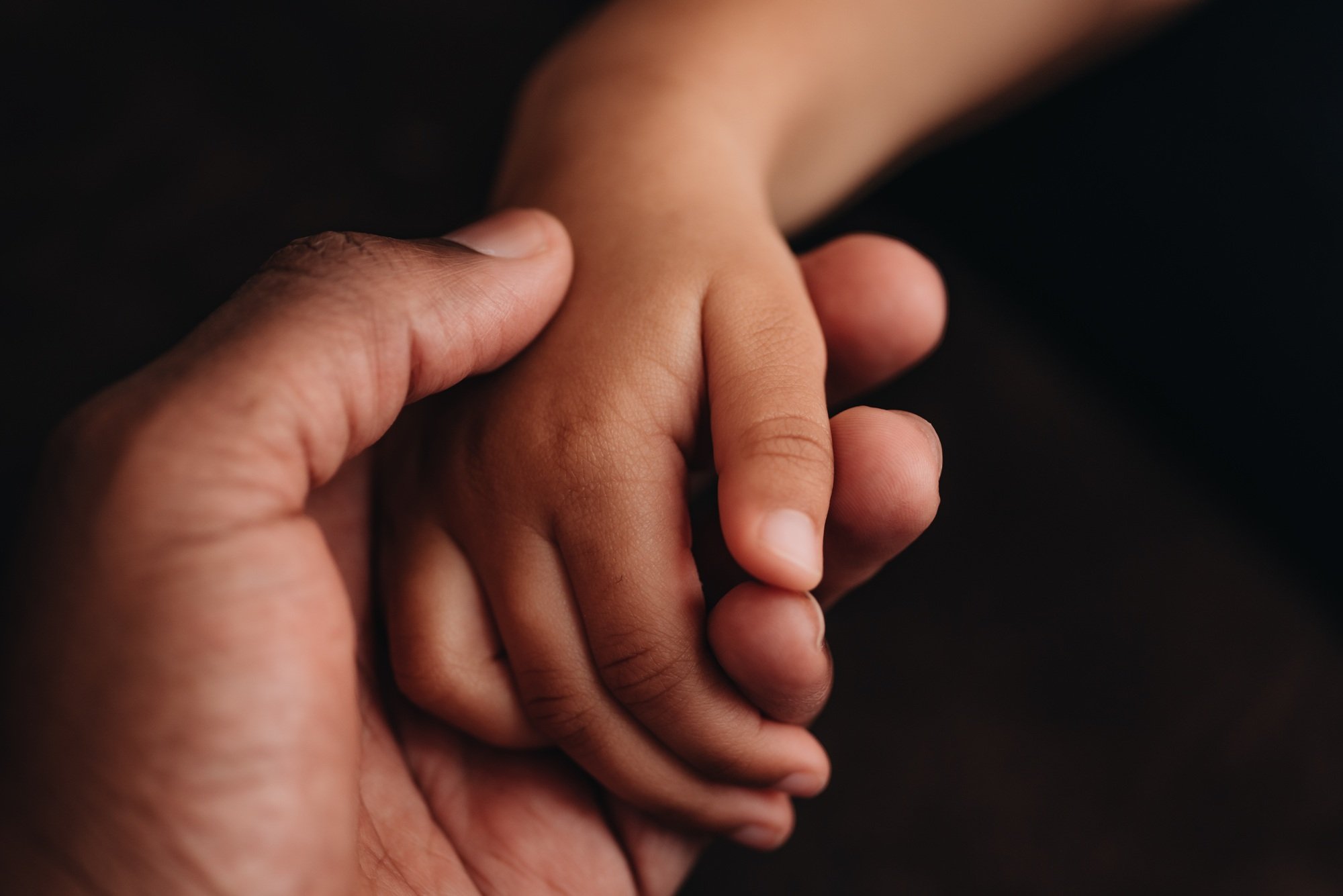
Practicing kindness yields significant advantages for both individuals and communities. Engaging in simple, thoughtful acts can enhance mental health and foster social connections.
Mental Health Benefits
Practicing kindness boosts your mood and reduces stress. Engaging in kind acts releases endorphins, which contribute to a sense of well-being. Studies have shown that performing acts of kindness can reduce anxiety levels and promote feelings of happiness. Moreover, consistent kindness builds resilience, helping you navigate life’s challenges with a more positive outlook.
Social Benefits
Practicing kindness enhances your relationships and strengthens community bonds. Engaging in acts of kindness fosters trust and encourages reciprocal behavior, creating a supportive social network. In small businesses, these gestures can improve customer loyalty and generate positive word-of-mouth marketing. Kindness invites collaboration, leading to more vibrant community interactions and fostering a culture of compassion and understanding.
Creative Random Acts of Kindness Ideas
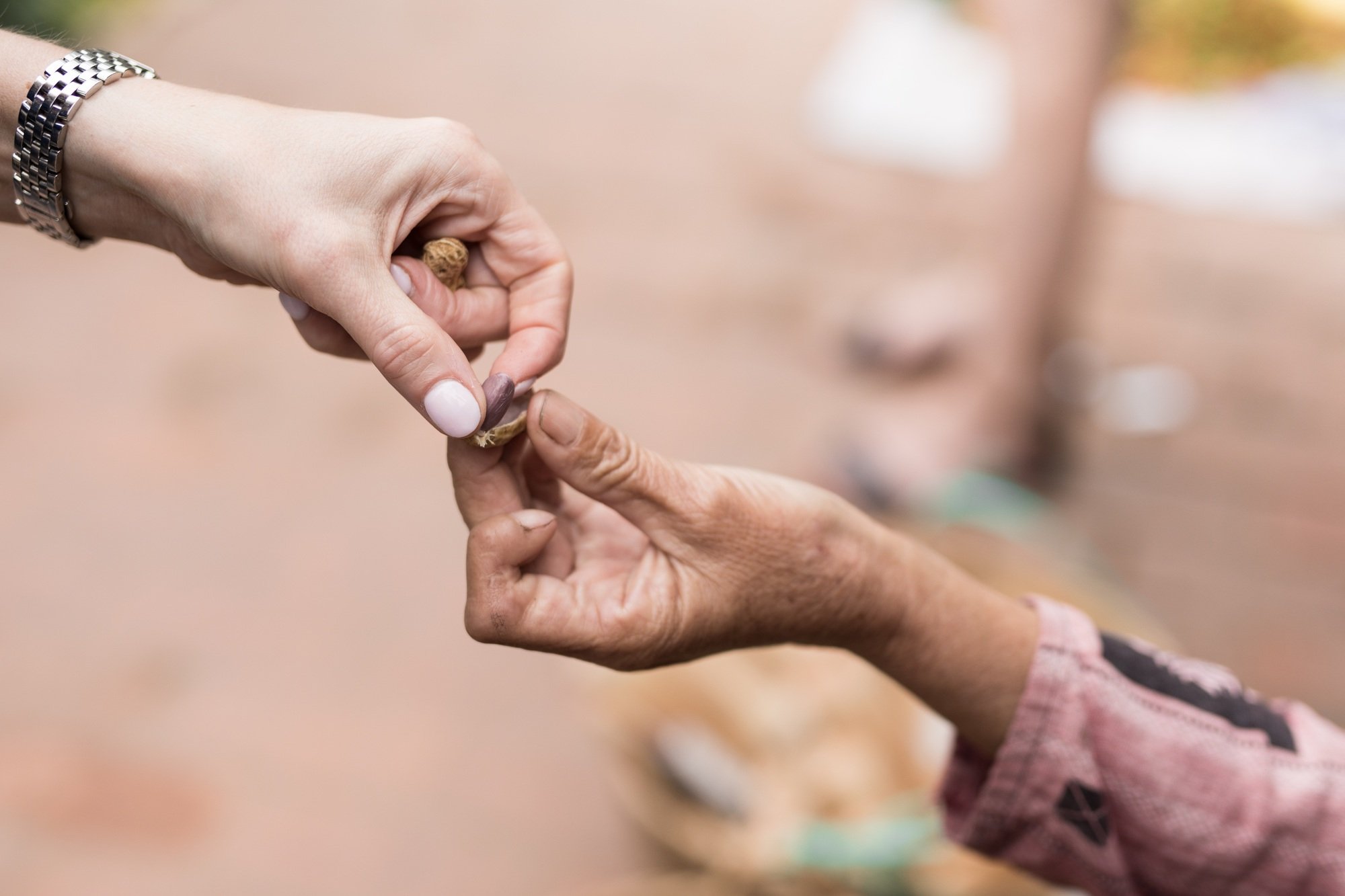
Engaging in random acts of kindness can brighten someone’s day and create a positive atmosphere. Here are some thoughtful ideas to inspire you across different settings.
For Friends and Family
- Surprise Gifts: Delight your family with unexpected presents, whether they’re handmade items, favorite treats, or thoughtful gifts.
- Cook a Special Meal: Show appreciation by preparing a special meal for family members, fostering connection through shared experiences.
- Help with Household Tasks: Lend a hand to busy family members by assisting with regular chores, relieving their workload and strengthening family ties.
- Heartfelt Hello: Reach out to relatives simply to say hi and enjoy a nice chat, reinforcing your connection.
- Bake Healthy Cookies: Bake nutritious cookies for family members or colleagues, promoting health while spreading joy.
- Quality Time: Spend time with your pet or offer to walk a friend or family member’s dog, encouraging companionship.
- Encouraging Notes: Write uplifting notes for new parents or anyone having a tough day, providing support and encouragement.
In Your Community
- Support Local Charities: Contribute to local charities by donating items or offering your time, fostering community growth.
- Volunteer for Events: Participate in community events, offering your skills or time to help create a welcoming atmosphere.
- Clean Up Local Parks: Organize a clean-up at a local park, enhancing public spaces and demonstrating care for the community environment.
- Help Neighbors: Assist neighbors by running errands or providing companionship for the elderly, building strong communal relationships.
- Sharing Produce: If you have a garden, share excess fruits and vegetables with neighbors, nurturing a spirit of generosity.
At Work or School
- Compliment Colleagues: Boost morale by giving genuine compliments to coworkers, encouraging a positive work environment.
- Organize Team Outings: Plan engaging team-building activities, promoting camaraderie and enhancing workplace relationships.
- Offer Assistance: Help teammates with challenging tasks or projects, fostering collaboration and support.
- Create a Kindness Board: Establish a board where employees can share acts of kindness, inspiring others to join in.
- Celebrate Achievements: Recognize and celebrate colleagues’ achievements, whether big or small, reinforcing motivation and teamwork.
By implementing these random acts of kindness, you impact individuals positively and contribute to creating a supportive environment, whether at home, in your community, or at work.
Tips for Implementing Random Acts of Kindness
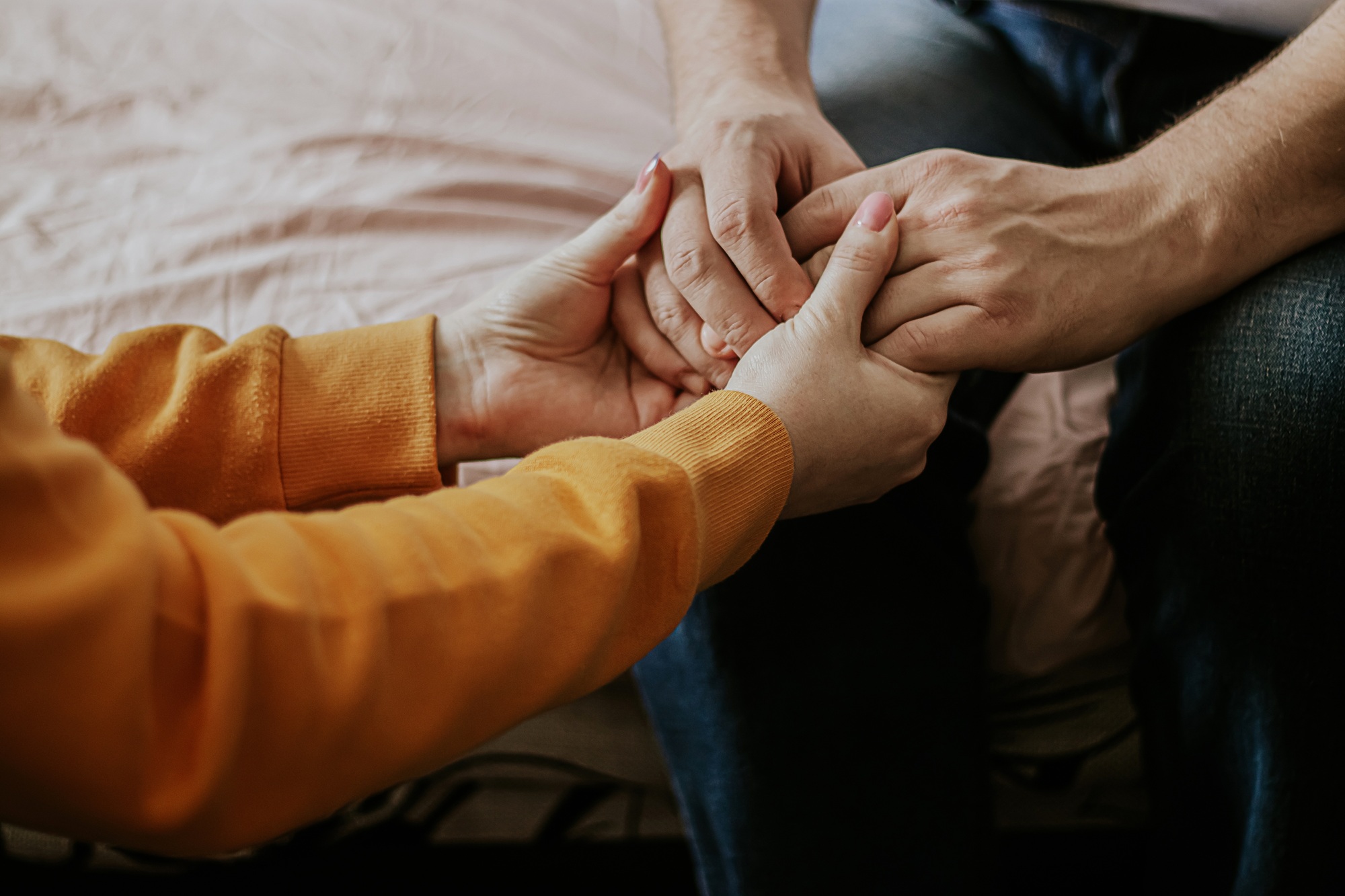
Implementing random acts of kindness can infuse joy into both your life and the lives of those around you. These suggestions can help you integrate kindness into your daily routine.
Making it a Habit
- Set specific days for kindness, like “Kindness Mondays,” and plan actions ahead.
- Keep a list of simple acts you can perform, like complimenting someone or holding the door open.
- Track your acts of kindness in a journal, noting how they impact your mood and the reactions of others.
- Choose a small business to support, whether through positive reviews or promoting their services on social media.
Encouraging Others to Join
- Share your kindness experiences on social media to inspire friends and family.
- Invite your peers to participate in community events, such as a local charity drive or group volunteer day.
- Create a challenge within your social circles, encouraging others to complete a number of acts in a set timeframe.
- Form partnerships with local small businesses for joint kindness initiatives, benefiting both community members and the business’s marketing efforts.
Conclusion
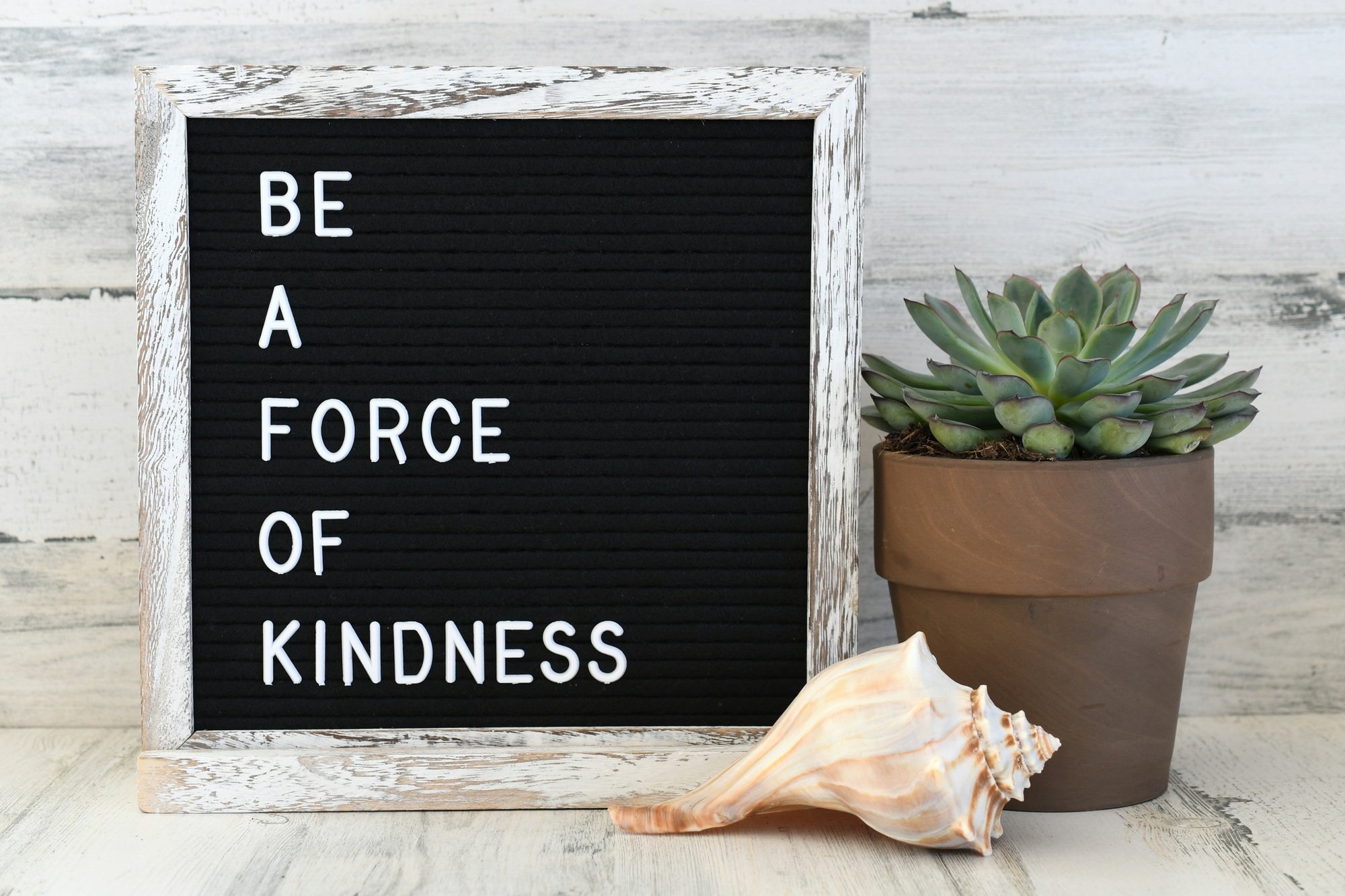
Embracing random acts of kindness can truly transform your life and the lives of those around you. By weaving these small gestures into your daily routine you foster a culture of compassion that resonates within your community. Each act not only uplifts spirits but also inspires others to join in the movement of kindness.
As you explore creative ways to spread positivity remember that even the simplest actions can create lasting impacts. Whether it’s a heartfelt compliment or volunteering your time each effort counts. So go ahead and make kindness a priority in your life. You’ll be amazed at the ripple effect it can create.
Frequently Asked Questions
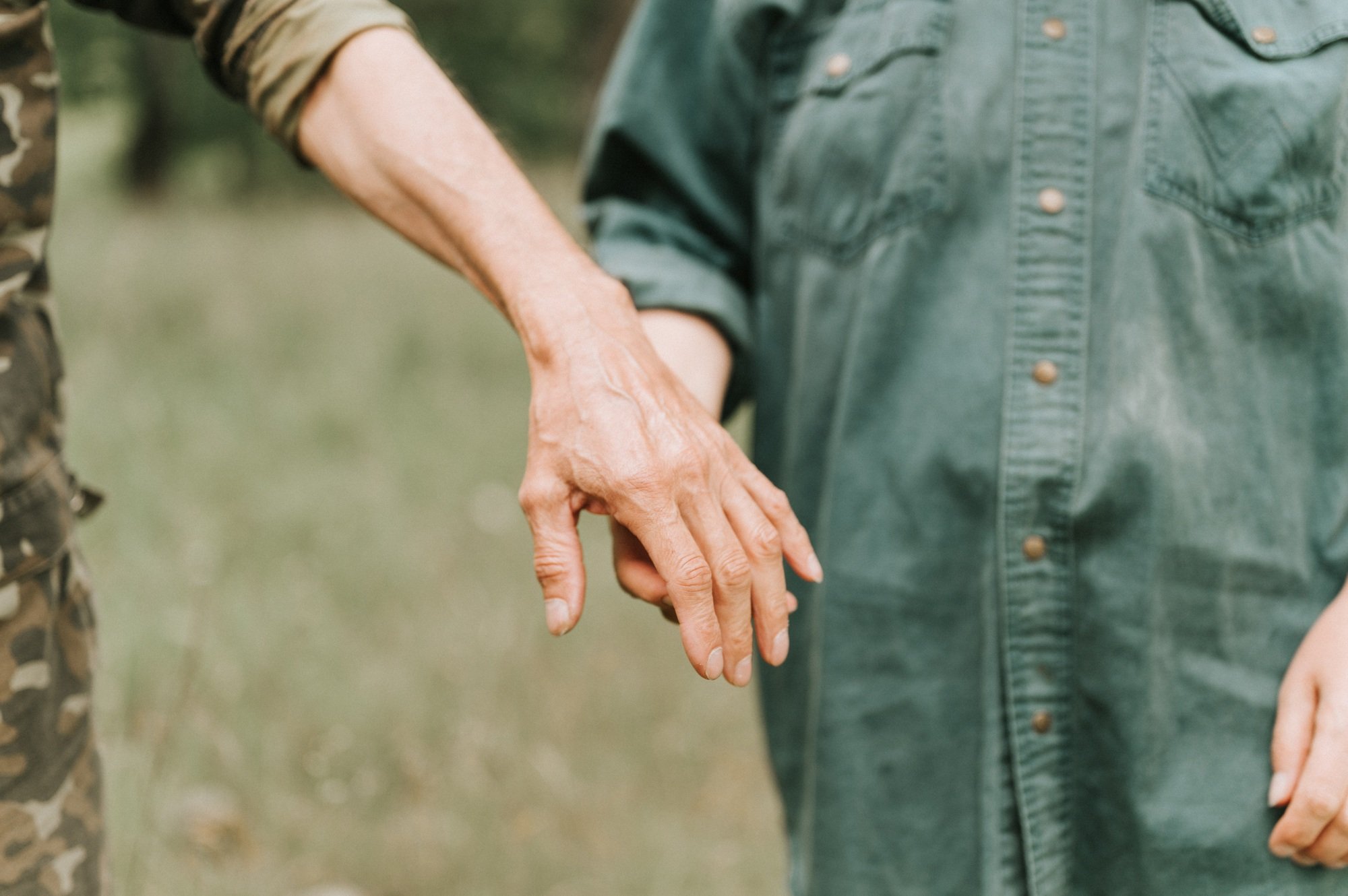
What are random acts of kindness?
Random acts of kindness are simple, spontaneous gestures that aim to improve someone’s day. These can include small actions like leaving a kind note, helping a neighbor, or giving a compliment. They serve to spread positivity and create connections within communities.
How do small gestures impact mental health?
Engaging in small acts of kindness can boost mood by releasing endorphins, leading to reduced stress and anxiety. This practice promotes overall happiness, contributing to better mental health and resilience in facing life’s challenges.
Can kindness strengthen community bonds?
Yes! Acts of kindness foster trust and encourage reciprocal behavior, which enhances relationships and strengthens community connections. This foundation of goodwill can lead to increased collaboration and support among community members.
What are some examples of kindness in daily life?
Examples include surprising a loved one with a thoughtful gift, volunteering for local charities, complimenting a coworker, or helping a neighbor with groceries. These gestures contribute to a positive environment and uplift those around you.
How can I incorporate kindness into my routine?
You can integrate kindness by setting specific days for kind acts, creating a list of simple gestures, and journaling their impact. Sharing your experiences on social media and inviting others to participate can also help foster a culture of kindness.
Why is kindness important for small businesses?
Kindness enhances customer loyalty and improves brand image, making businesses more appealing. Positive interactions can result in favorable word-of-mouth marketing, which strengthens community ties and supports long-term success for small businesses.
Image Via Envato


